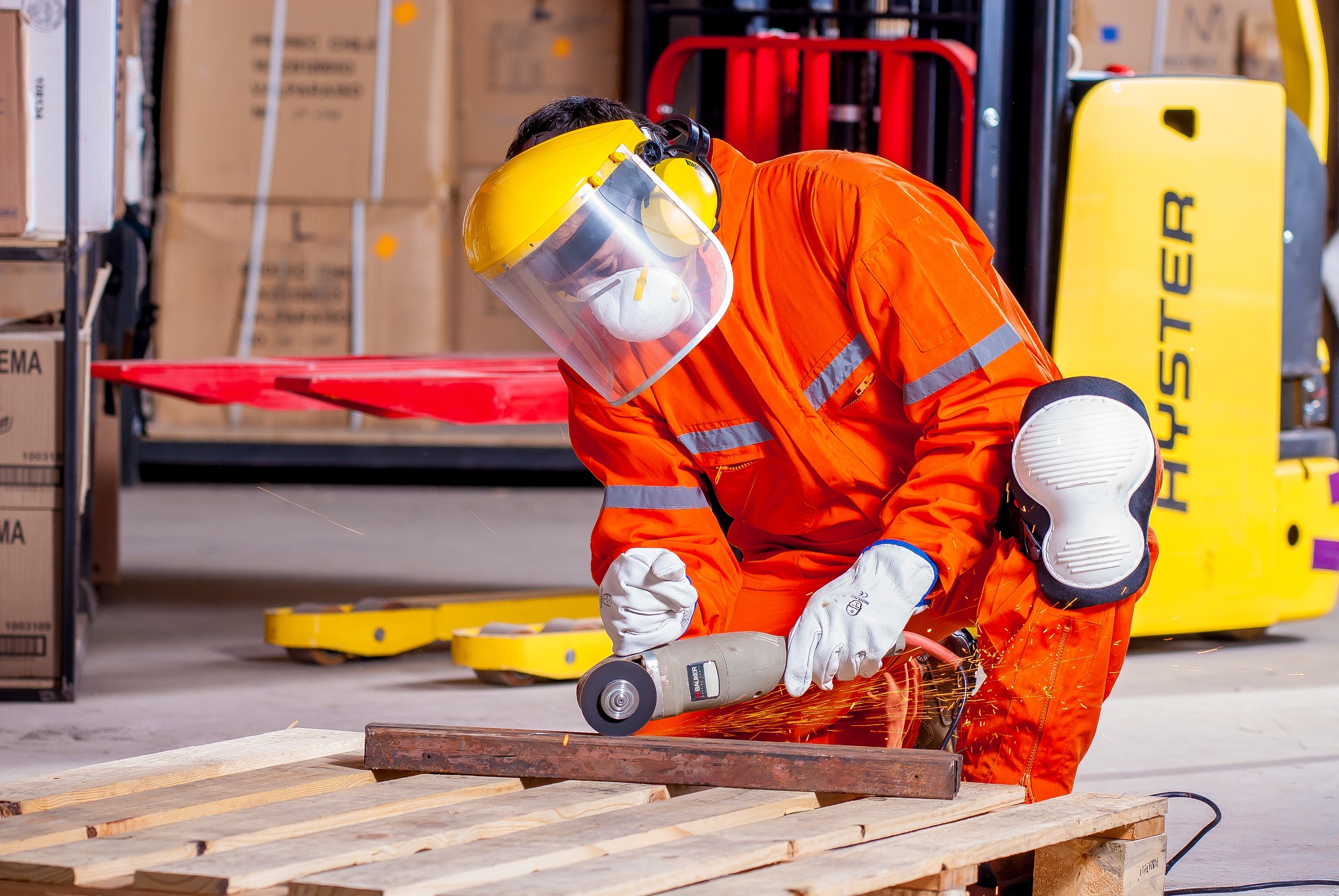Repetitive Strain Injury (RSI) is an umbrella term for an increasingly common range of injuries that affect the hands and wrists and which are caused by prolonged and repeated movement. Initial symptoms may only initially appear while a certain action is being carried but may include aching, soreness or pain, stiffness, cramp, loss of strength in your hands, throbbing or numbness.
(Please note that RSI is a different condition to Carpal Tunnel Syndrome, which affects the same area.)
Symptoms will usually be mild initially and will not cause you too much concern. However, if left unchecked, these symptoms can gradually develop into severe, potentially constant pain and long-term health issues.
What causes RSI?
Repetitive strain injury is usually caused by damage to the tendons due to prolonged over-use. Poor posture, often related to inadequate working conditions, can also exacerbate tendon damage, leading to RSI. Other contributory factors include cold temperatures, often from working outside or if the office you work in isn’t heated sufficiently, as well as regular contact with vibrating machinery, which can also cause other industrial diseases like Vibration White Finger.
Who is at risk?
Anyone who carries out repetitive movements is potentially at risk from contracting RSI. Office workers who spend long periods of time tapping at computer keyboards often get RSI in their fingers and wrists. Factory workers who spend hours of every day assembling items or carrying out repetitive duties often contract RSI as a result of their work. Construction workers who work outside in cold temperatures, often with vibrating machinery such as drills are also at risk.
What to do if you think you might have RSI
The first step should always be to visit your doctor or GP, who will be able to tell you what steps you need to take to stop your condition worsening. As you will now have been officially diagnosed by a medical professional and this diagnosis will now be a part of your medical records, it also means that your employer will be required to act to help stop the condition getting worse as well.
Your employer’s duty
It should be said though that your employer has a legal duty under the Health and Safety at Work Act 1974 and its subsequent updates to do everything reasonably possible to protect your physical well-being at work. This includes doing everything it reasonably can to prevent you form developing RSI in the first place. If you do then develop any kind of injury or disease, whether it has been caused by the workplace or not, your employer is also required to make reasonable adjustments so that you are able to continue working.
How we can help
If you believe that your workplace environment or your tasks at work increase the risk of you developing RSI, you should first speak to your employer to ask for reasonable adjustments to be made. If these do not occur, and you then develop the condition, then your employer is liable and you may be able to claim compensation from them.
At The Compensation Experts, we work with specialist legal firms who have a proven track record in making successful industrial disease and workplace injury compensation claims. We and the legal firms we work with have a lot of experience in these cases and so, are well-placed to help you get the maximum amount of compensation you are entitled to. After your initial consultation with our advisors, which is done on a free no-obligation basis, we will match you with the firm who best suits the circumstances of your case.
If you decide to progress your claim, your solicitor will collect any evidence to help build the strongest possible case to support your claim. This evidence will be used not only to prove your entitlement to compensation but also to show the extent of your physical and financial suffering to ensure the amount you receive is fair.
Do not hesitate then to get in touch with us via the contact form on our website or by calling 0161 413 8765.


 Over the last four decades, cases of workplace accidents and deaths have seen a significant drop. This is largely due to improvements in health and safety guidelines, as well as an intense focus on safety practices by organisations.
Over the last four decades, cases of workplace accidents and deaths have seen a significant drop. This is largely due to improvements in health and safety guidelines, as well as an intense focus on safety practices by organisations. Everyone reacts differently when it comes to a change in their ability to hear. The emotional response can lead to anger and vulnerability. Knowing your rights if you suffer from any form of hearing loss can help you when it comes to making a case for hearing loss compensation.
Everyone reacts differently when it comes to a change in their ability to hear. The emotional response can lead to anger and vulnerability. Knowing your rights if you suffer from any form of hearing loss can help you when it comes to making a case for hearing loss compensation.